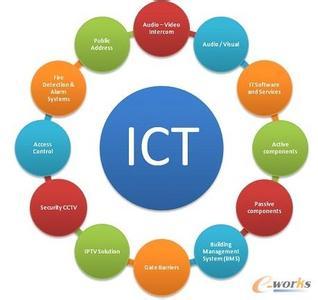The production of goods we buy on a daily basis accounts for a large portion of greenhouse gas emissions. Although consumers have the power to influence industries' behavior through their demand, making sustainable purchases is challenging. Current ICT systems supporting sustainable shopping decisions are not established in consumers' daily lifes. Shopping decisions are made on a complex set of criteria, thus classical persuasive approaches, like recommender-systems, might not be suitable. This work compiles the state of research on ICT supporting sustainable consumption, outlines unsolved challenges, and finally presents a novel concept: a system based on self-reflection instead of classical persuasive approaches, like recommender-systems. Self-reflection provokes revising individual behaviour and decisions, instead of presenting instructions. Combined with additional information on e.g., decision impact, people could learn how to make more sustainable decisions independently. We envision the deployment of such a system, fostering a change towards more sustainable industries to combat climate change.
翻译:每天购买的商品的生产占据了温室气体排放的很大一部分。尽管消费者有权利通过需求来影响行业的行为,但进行可持续购买是具有挑战性的。目前,支持可持续购物决策的ICT系统没有在消费者的日常生活中得到广泛应用。购物决策基于一组复杂的标准,因此经典的说服方法,如推荐系统,可能不适合。本文汇集了关于支持可持续消费的ICT系统的研究现状,概述了未解决的挑战,并最终提出了一个新的概念:一个基于自我反思而不是经典的说服方法的系统,如推荐系统。自我反思可以引发对个人行为和决策的修改,而不是只是提供指导。结合其他信息,例如决策的影响,人们可以学习如何独立地做出更可持续的决策。我们预见部署这样一个系统,促进向更可持续的行业转变,以应对气候变化。




